You’ve likely heard the saying “you are what you eat.” Well, the stories you consume influence who you are as well. Your body uses the nutrients you put into it to rebuild itself. If you eat poorly, your body will build with poor materials. We build our character in the same way. The messages we consume shape how we view reality. Stories provide the framework into which we fit information. Parents and family lay the foundation for our mental scaffold, but character remains a matter of choice. We choose the type of person we are and how we understand reality. We choose the messages we consume and use.
However, society provides a certain set of building blocks that it desires us to use.You’ve noticed how advertising uses sexy men and women, success, and prestige to sell everything from breath mints to jewelry. Advertisers want us to use dissatisfaction and envy rather than satisfaction and contentment because they want us to purchase their products. They tell stories designed to make us unhappy with our lives and to make us think consumption is a virtue. We need to be cautious about the stories we consume.
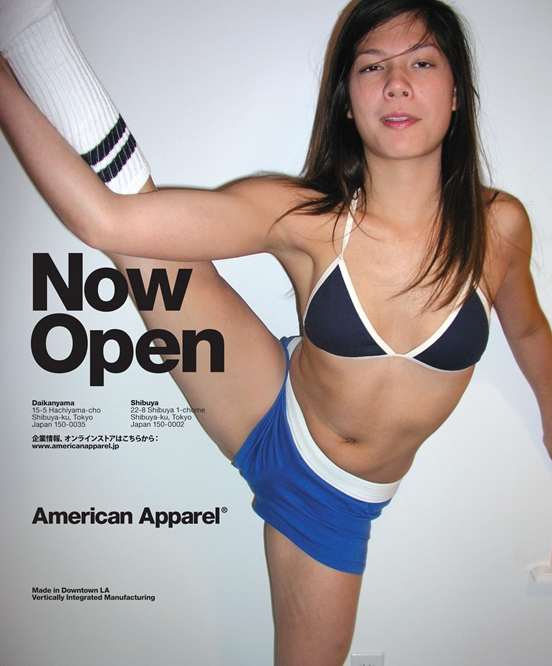
As I’ve written before, myths are stories that contain truths about human nature. Throughout history, people shared stories that shaped morality, how to treat others, and how to treat the environment. Each of us have our own internal myths as well. We have a tendency to use broad strokes to define ourselves and others. I’m a good person. I’m an otaku. I’m a Democrat. I’m a Republican. I’m a writer. This shorthand hides too much and creates artificial boundaries between people. But these labels also generalize how we understand the world. Democrats view the world in one way, and Republicans view the world in another way. Both views come from experiences and internal stories. Otaku, which we are more concerned about, view the world through a mix of Japanese and Western culture.
Okay, let me back up a second. I know this is rather abstract. It’s tough to talk about how we understand ourselves and the world around us without getting a little abstract and even a bit pedantic. When it comes to something like thought, I can only write in generalities and provide personal examples. In any case, let’s get back at it.

Anime provides a different set of mental building blocks than Western stories. They come from a culture influenced by Zen and Shinto and Japanese communal values. Of course, they also come from a culture that has just as much push from advertising as the West does. Anime shows Americans another way to live outside of our self-orientation. Helping others appears as a central subtext in most anime I’ve seen. It’s treated as a matter of fact, whereas in American culture it is treated as big deal. This matter-of-factness becomes a useful building block for those who watch anime. As we watch anime, we internalize its messages including those we are not consciously aware of, such as this helpfulness trait. It’s easy to point out how anime encourages protectiveness, loyalty to friends, and perseverance inspires us. While they provide helpful building blocks, the messages we are unaware of often influence us the most.
Okay, let me ground all of this abstract stuff into reality using a few examples. I’m a late comer to anime. I didn’t watch anime until I was in my early 20s, unless you count Pokemon. Over time, I’ve noticed I’ve internalized many of anime’s messages. For example, I’ve noticed I have developed better stick-to-itness with projects. Before I watched anime consistently, I’d flit between projects, starting many but finishing few. Now I see most projects through to the end. Most anime characters feature this stubbornness too. While I can’t pin this character change entirely to anime, it has played a role.
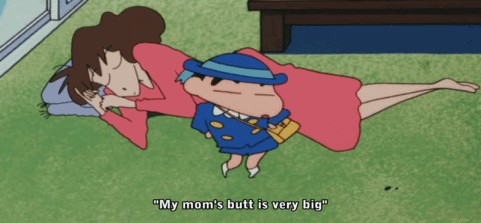
Anime has helped me become more aware of problems with American culture. I was unaware of how poisonous American self-orientation has become until I began to study anime and Japanese culture. Anime provides an alternative view that allowed me to see American culture from the outside. At first, the communal focus of anime–how the characters help each other and look out for each other–struck me as odd. I mean, we have that here in the US too, but not to the same level. Collectivism permeates anime. People help each other without seeking anything in return, and its just a matter of course. It wasn’t until I began to study anime and see all of this that I began to realize how too much individualism can be a problem. Now I work to counter individualism in my own life.
Anime teaches the value of minimalism too. The art style uses only enough elements to get an expression across and no more. It has influenced my own art and writing style. It has influenced me to reduce my possessions to just those that I enjoy.
As you can see, anime provides building blocks that let us to build our mental houses in ways we might not know were possible. That is, if we are aware of this process. This post is rather meandering, but if you come away with one idea make it this: the messages we consume shape how we think. We may not be aware of how advertising influences us, but it does. Likewise, the types of movies, TV shows, and anime we consume shapes our thinking. Be careful of what you choose to fill your mind with. If you want to live a certain life, watch anime that reinforces it. For example, if you want to live a helpful, emotionally aware life, watch slice of life anime and other anime that supports this. Of course, this also means anime can influence you in negative ways. Anime has sexism, objectification issues, and other problems that can shift your views. Self-awareness helps you protect against advertising and other less-savory stories. It allows you to watch stories that counteract the messages you dislike.
So how has anime influenced your life?
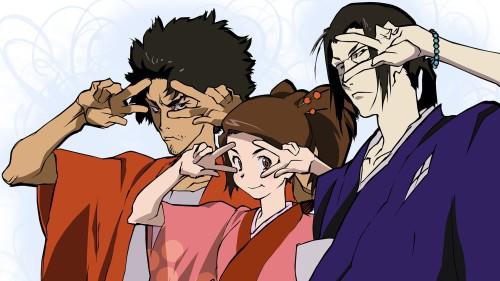
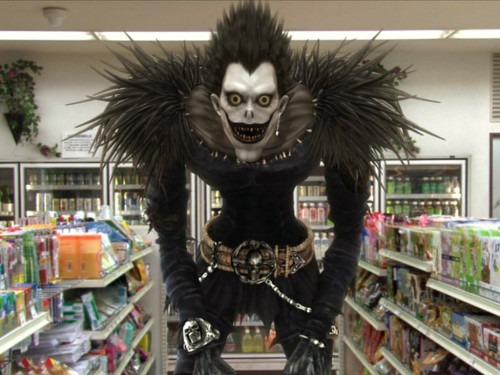
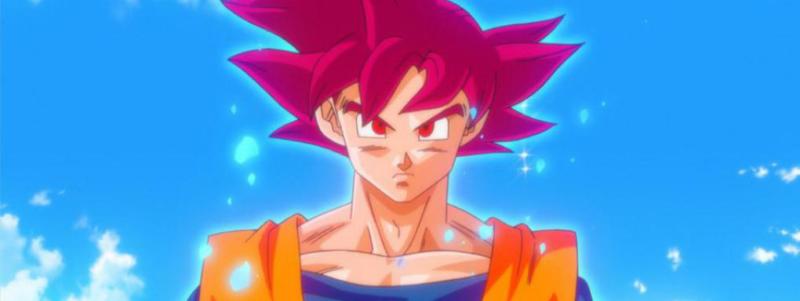
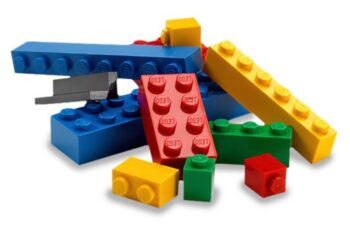
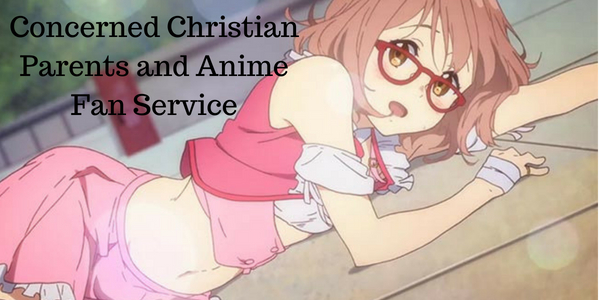
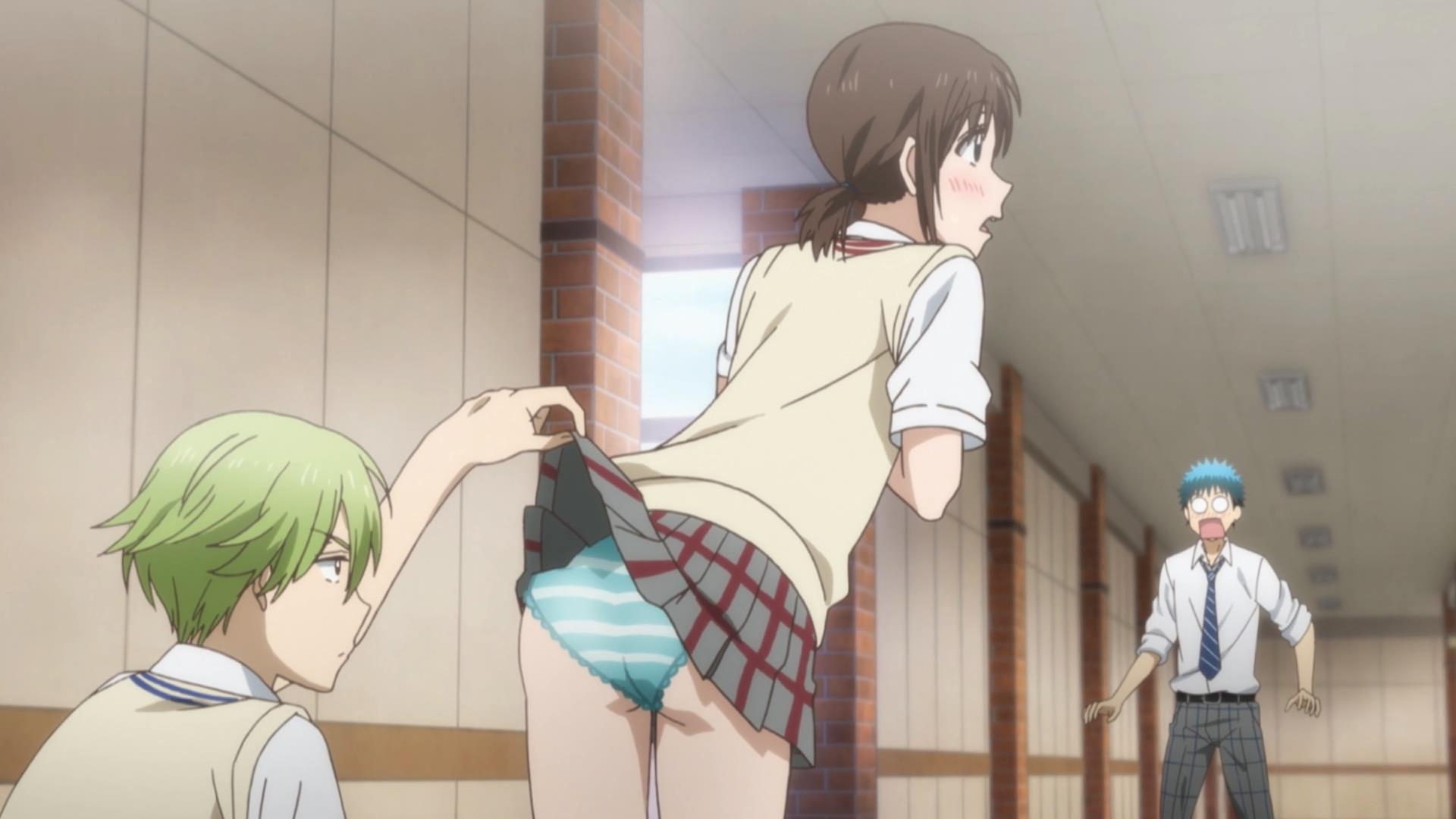
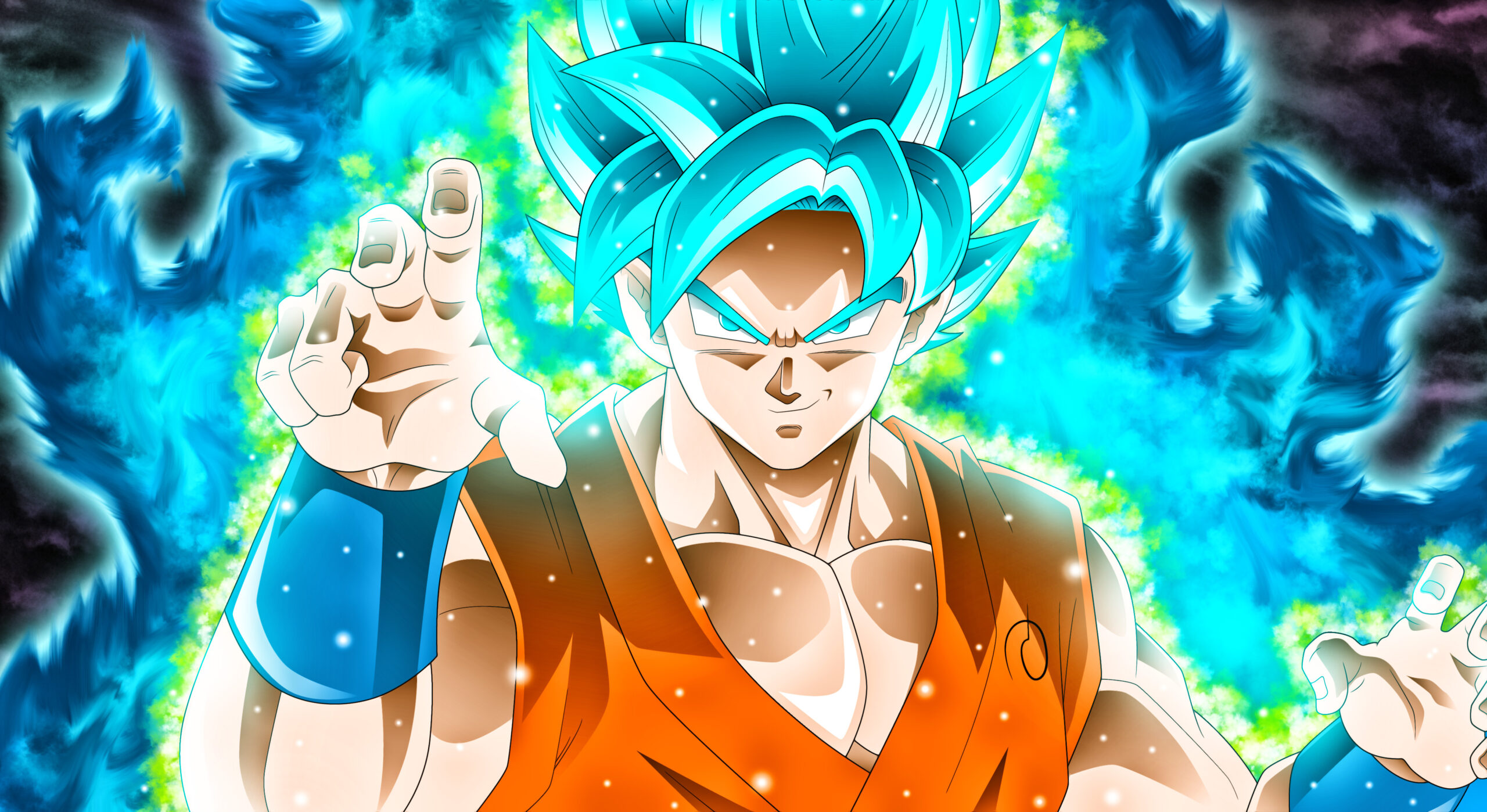
I came from from an East Asian country, and later moved to Canada. Personally, I’ve benefited from both individualism and collectivism.
I don’t perceive the subliminal message as you did on the Cruze ad. For example, the “Ring in the New Year” for me speaks for optimism for the future, and I can’t quite sense the need to keep up with everyone else. The slogan “Find the right Cruze for you.” for me, simply appreciates the fact that as a car buyer, I have my transportation needs, options needs and available budget, and not quite about uniqueness over other.
I fully agree that our views are shaped and influenced in many ways, so it is natural that each person has a differing perception. I can totally appreciate the way you perceived the subliminal message in that ad. I’ve witnessed how individualism makes cohesion and bond-forming challenging, and I’ve also witnessed how some form of collectivism fosters negative attitudes of outsiders while some people with those attitudes actively tries to justify them. In the end, as you said, it’s up to us to be self-aware enough to detect the hidden influence and decide ourselves how we’d like to be influenced.
It’s interesting how everyone has a different interpretation of the same message. Understanding your interpretations is the first step to deciding how you want to understand a message or allow that message to influence you. Understanding yourself is the hard part!
Watching anime, a vehicle of Japanese culture, has taken me all over the place. I explored those territories and then decided what was good and what wasn’t.
As one mother commented, it has a vast and powerful dark-side. I mean, it’s as potentially harmful as a Google search or an extended time on TikTok, YouTube, or Instagram.
With that said, the benefits cannot be ignored. I am more considerate, neat and orderly, and I eat a more balanced diet thanks to anime. Thanks to the stories, I objectify women less often, and I listen to people better. I have more interest in science, cooking, music, writing, and drawing. Like Mr Kincaid, I have become more minimalist. I even found that I sleep better on a traditional Japanese bed: futon and tatami mat, on wooden slat frame, with a buckwheat hull pillow. It just happens that I prefer sleeping cooler and on a much more firm bedding. It surprises me, and I don’t prescribe it to others.
I thought I was merely escaping contemporary western television programming, and I was partially transformed by the positive elements of Japanese culture presented in anime.
I often focus on the negatives of anime, but as you point out, people can learn many positive things from anime too. Buckwheat pillows are nicely supportive, and they don’t lose their support anywhere near as fast as regular pillows.
And Japanese values of helpfulness, minimalism etc. comes from India’s rich cultural heritage
Sadly India does not make such quality content!
India has a rich history and culture. We really do need to see more stories based on it! Bollywood is okay, but something with more international appeal like anime has would be welcome.
As a parent of two teen boys I supported their love of anime at first. In fact I introduced them to Ghibli films when they were very young. But now it is only a source of pain and frustration. Stories, books, light novels, video series that seem tame at first become an easy and sneaky gateway to soft porn, violent porn, sexual exploitation,objectification, even child porn. One light novel my 16 year old was reading had one picture in it: full page of a 11 year old girl’s bare vagina as her 15 year old brother lifted her skirt from behind…. offering her to some magic gaming god. That was it. The age ratings are deceiving and the slide into pornography has sold me off all anime forever. Unfortunately, since I can’t trust the publishers, authors or artists to stay within their PG-13 guidelines…. I have to have a zero tolerance for all anime in my house. As a mother and an adolescent psychotherapist, I urge American families to think twice.
I think you may find this surprising, but some content that is meant for an adult audience in Japan is rated for teens in places like America, which I vehemently disagree with. Just thought I’d let you know because most often it’s not the original author’s fault, but the international publishers’ fault. I also suggest you check the ratings and content of any anime you or your boys come across, because anime is never always PG-13 and below, despite what some non-Japanese licensors may say otherwise.
As a librarian, I quickly learned the rating system for manga aren’t reliable. Although the American Library Association forbids censorship, my library doesn’t select manga with lots of graphic content, nudity or violence. I’m often the one asked about series before they are bought (my job is staff management and technology, not ordering materials). Anime and manga does have good stories. “Wolf Children,” for example, follows a single mother as she struggles to raise two half-human, half-wolf children. However, as you discovered there’s also a lot of questionable content. Sometimes there seems to be more questionable content than good, but that is little different from American television (and a reason why I don’t watch television).
I am a foster parent of a high functioning autistic 15 year old. She was severely abused her entire life by both parents. She is extemly obsessed with anime to the point she thinks acts and talks like anime. She had multiple imaginary friends whom are all anime most male luffy is her best friend. She spends her entire day drawing anime characters. And talking to her imaginary friends. She refuses to do school work and had absolutely no interest in learning anything new. Or even joining us in reality. I have nothing against anime in fact I’m asking the anime world for help. Are there any anime shows that can help me to bring her closer to the real world.
That’s quite a difficult problem, and I’m not qualified to advise. But I will offer a few suggestions.
You can find educational manga on Amazon that covers everything from astronomy to Calculus. These might help you interest her in school work. Here’s an example. It is possible a manga-themed cookbook may help. Perhaps you could help her cook some of the recipes, especially dishes her favorite characters enjoy.
As for anime shows, Laid Back Camp covers the joys of camping and being outside. Food Wars (which does have sometimes inappropriate visual depictions of taste) may help introduce cooking. You may be able to use examples from One Piece to show the need to learn new ideas. Such as “If Luffy didn’t learn how to do _____ he wouldn’t have been able get out of that situation as he did. He would want you and me to learn how to do ____.” And follow up with a manga-themed book exploring the subject.
If she likes drawing anime characters so much, you might be able to use that to teach simple color theory (drawing with her) and simple animation techniques, such as flipbook animation. Using this you could branch into digital art (at least she’d be learning something new), which is how anime is done. She could make her own adventures/manga for Luffy and the other characters she likes, which you can point toward learning writing and grammar to do it right.
I wish you the best, and I hope these suggestions may help give you some ideas that may work.
Thank you that helps a lot. I will try some of your suggestions. Again thank you.
Wow, I’ve never thought of it that way. Looking back at it, my viewpoint and moral-senses have been altered since watching anime. In a good way, in my opinion. For example, I’ve been able to see more from an open-minded perspective. Thanks for the article
Stories are good for awakening us to perspectives we may not otherwise consider.
Thanks! (no need to reply)
Thanks for the reply. Good to know that there are articles that define the terms, as they might also be helpful for my project, as well.
Good luck with the project!
Thanks! (no need to reply)
This article has great points, and I like that it is fairly recent, as I might use this for school. One concern I have is that you might have had to define what an otaku is more clearly and state how that is different from weebs and “weeaboos.” If I were to use this for a school project, would you let me?
You are welcome to reference it for your project.
I’ve written articles that define weeaboo and otaku:
Am I a Weeaboo? What does Weeaboo Mean Anyway?
The Otaku Versus the Sportaku
Is Being an Otaku Cultural Appropriation?